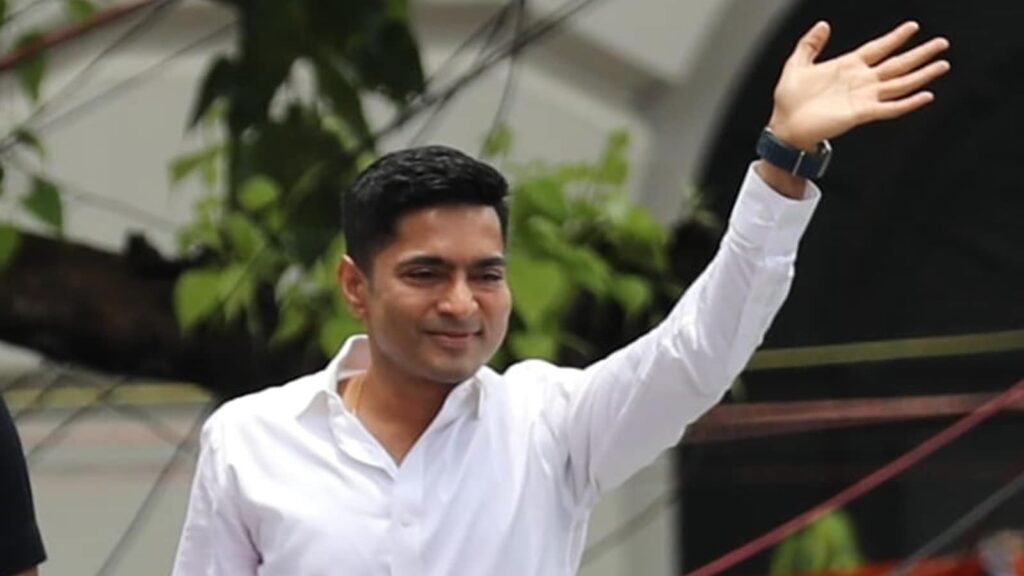KolkataOctober 22, 2025 08:05 AM IST
First published on: Oct 22, 2025 at 08:05 AM IST
Months away from facing a stiff challenge from the BJP in the West Bengal Assembly elections, the Trinamool Congress’s (TMC) organisational changes continue apace, with the ruling party in West Bengal this time turning to its grassroots leadership structure, including its minority cell.
This comes months after the party replaced district presidents and chairpersons in 18 of its 35 organisational district units. And, according to insiders, these reshuffles may signal that the ground is being prepared to reshuffle or drop several MLAs ahead of the elections.
The TMC on Sunday named new block and town presidents for its women’s, youth, and workers’ wings in districts such as Nadia, Birbhum, and the Basirhat sub-division in North 24 Parganas. The party also unveiled fresh district-level committees. In May, the party appointed 11 new district presidents and 12 new chairpersons in an attempt to keep factionalism in check and pre-emptively counter any anti-incumbency sentiment.
These rapid changes follow from the party’s second-in-command and Diamond Harbour MP Abhishek Banerjee’s announcement at last year’s Martyrs’ Day rally that block presidents in areas where the party trailed in the Lok Sabha elections would be shuffled out. Most of the latest changes have been carried out in such areas. With a focus on minority votes, one of the major pillars of the TMC’s electoral dominance, and countering the BJP’s Hindutva narrative, new presidents have been appointed for 35 organisational districts, including Kolkata North and South, North and South 24 Parganas, and Murshidabad (Berhampore and Jiaganj), said party insiders.
“Even after several complaints, block presidents had remained unchanged. Abhishek Banerjee’s formula to refresh the organisation has been almost fully implemented. We are expecting that he will take a more leading role in the elections this time. In the Assembly segments where we trailed last year, the MLAs may be changed. The party will, however, definitely consider their performance last time around, too.”
TMC spokesperson Kunal Ghosh also said more changes were in the offing. “The changes were made based on the performance of leaders and workers and their connection with the masses. There will be more such changes in the coming days.”
Not as regimented a force, either ideologically or organisationally, as cadre-based parties (like the CPM was at the height of its power in the state), the TMC is dependent on governing through strongmen and other local leaders who run semi-autonomous fiefdoms and are in charge of distributing welfare benefits and managing the party’s electoral affairs. During its decade-and-a-half rule, this has also led to widespread allegations of corruption and disaffection at the local level, with TMC local leaders accused of charging a commission (cut money in local parlance) for everything: funerals to the construction of houses. Though the allegations had gained traction ahead of the previous Assembly elections, the welfare initiatives of the Mamata government and the TMC’s flexibility in reshuffling its local faces have prevented this from causing serious electoral damage. The current changes also have to be viewed in a similar context: as the party’s attempt at nipping any anti-incumbency sentiment in the bud.
The latest changes too have led to disaffection in party ranks in some areas of Basirhat and Barasat in North 24 Parganas, with some supporters of existing block presidents protesting against the leadership’s decision. But given the grip Abhishek Banerjee appears to exert on the party organisation nowadays, TMC insiders are not concerned about any serious pushback from within its ranks.
“The party decided. Such protests will not be encouraged, and the party will stick to its decision,” said a senior TMC leader.


